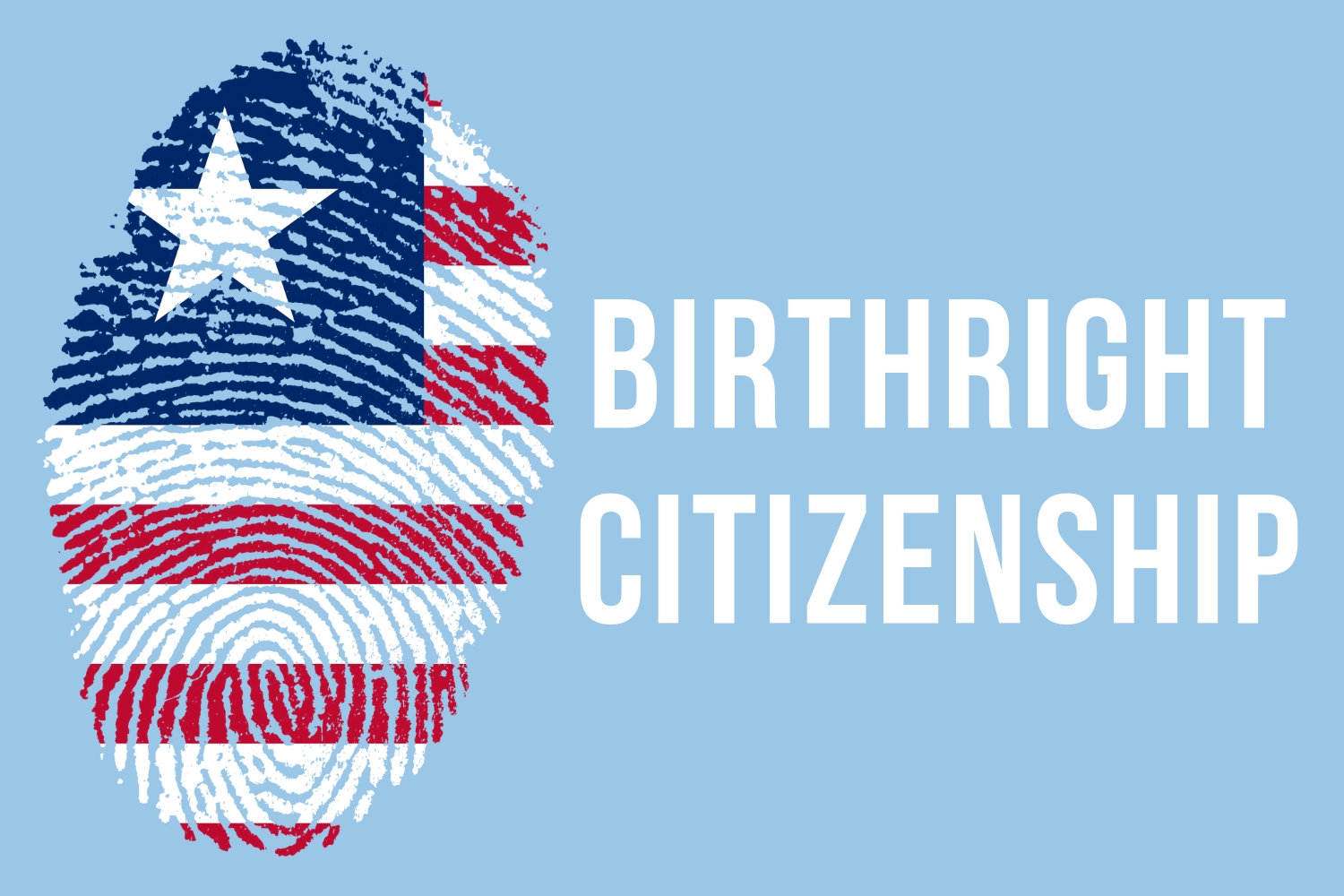Unlocking the Origins of Citizenship: The Fascinating World of Birthright Citizenship
Birthright citizenship, also known as jus soli, is a fundamental aspect of modern nation-building, where citizenship is bestowed upon individuals born within the borders of a country, regardless of their parents' nationality. This concept has been debated and refined over centuries, with far-reaching implications for international relations, human rights, and the very fabric of national identity. In this comprehensive exploration, we will delve into the meaning, history, and global implications of birthright citizenship, shedding light on its significance and controversies.
From a historical perspective, the concept of birthright citizenship has its roots in ancient civilizations, where citizenship was often determined by the place of birth, family ties, or social status. The ancient Greeks, for instance, granted citizenship to those born within their territories, while the Romans later adopted a more nuanced approach, where citizenship was granted to those born to Roman citizens, regardless of their own nationality. As empires expanded and the modern nation-state emerged, the concept of birthright citizenship evolved, with various countries adopting different approaches to determine citizenship.
Understanding the Different Types of Citizenship
Before exploring the complexities of birthright citizenship, it's essential to understand the different types of citizenship and how they intersect with birthright. There are two primary types of citizenship: jus sanguinis (right of blood) and jus soli (right of soil). Jus sanguinis grants citizenship to those born to citizens, regardless of their birthplace, while jus soli confers citizenship upon those born within a country's borders. Some countries, like the United States, adopt a combination of both, where citizenship is granted to those born within the country, regardless of their parents' nationality, as well as to those born abroad to American citizens.
Some countries, like France, grant citizenship through jus soli, while others, like the United Kingdom, follow a more restrictive approach, where citizenship is typically granted to those born to British citizens, regardless of their birthplace.
The Birthright Citizenship Debate
The debate surrounding birthright citizenship is multifaceted and contentious. Proponents argue that it's a fundamental human right, enshrined in international law, allowing individuals to determine their nationality based on their place of birth. Others, however, see it as a potential security risk, as it can create citizenship by naturalization for individuals with questionable loyalties or affiliations.
The debate has been fueled by high-profile cases, such as the birth of Barack Obama, the first African American president of the United States, who was born to a mother from Kenya. Critics argued that his birth in Hawaii rendered him ineligible for the presidency, citing concerns about his citizenship and loyalty.
Global Implications and Case Studies
Birthright citizenship has far-reaching implications for international relations, human rights, and national identity. Some countries, like Japan, have a complex system of citizenship, where individuals born within the country are granted Japanese citizenship, but those born abroad to Japanese citizens are not automatically granted citizenship.
Other countries, like Australia, have a more streamlined approach, where citizenship is granted to those born within the country, regardless of their parents' nationality. This approach has been criticized for creating a sense of disconnection between the country and its indigenous population.
Case Study: The United States
The United States is a prime example of a country with a complex birthright citizenship system. While the Constitution grants citizenship to those born within the country, regardless of their parents' nationality, there are several exceptions and nuances to this rule.
For instance, the "anchor baby" problem refers to the practice of individuals giving birth in the United States to obtain citizenship, only to migrate to their country of origin, leaving the child stateless. This practice has been criticized for exploiting the country's citizenship laws and undermining its commitment to human rights.
Case Study: The United Kingdom
The United Kingdom has a more restrictive approach to birthright citizenship, where citizenship is typically granted to those born to British citizens, regardless of their birthplace. However, there are exceptions, such as the "British passports for infants" scheme, which allows infants born to British citizens abroad to obtain British citizenship.
This scheme has been criticized for creating a situation where infants are born with dual citizenship, without the parents' knowledge or consent. The implications of this scheme are complex, and it has raised questions about the nature of nationality and the rights of citizenship.
Case Study: Canada
Canada has a relatively straightforward approach to birthright citizenship, where citizenship is granted to those born within the country, regardless of their parents' nationality. However, there are some exceptions, such as the "parentage of an Indian" provision, which grants citizenship to children born to Indigenous parents, regardless of their place of birth.
This provision has been criticized for perpetuating historical injustices and creating a sense of statelessness among Indigenous populations.
Challenges and Controversies
Birthright citizenship is not without its challenges and controversies. One of the primary concerns is the potential for exploitation, where individuals take advantage of a country's citizenship laws to gain access to its resources, education, and healthcare.
Another concern is the creation of dual citizenship, where individuals hold citizenship in multiple countries, potentially creating conflicts of interest and loyalty. This has led to calls for stricter regulations and more transparent citizenship laws.
Conclusion
Birthright citizenship is a complex and multifaceted concept that has far-reaching implications for international relations, human rights, and national identity. While it has its challenges and controversies, it remains a fundamental aspect of modern nation-building, allowing individuals to determine their nationality based on their place of birth.
As the world becomes increasingly interconnected, it's essential to continue the conversation around birthright citizenship, exploring its meaning, history, and global implications. By doing so, we can create a more inclusive and equitable citizenship system, one that recognizes the rights and dignity of all individuals, regardless of their place of
Rebecca Pritchard Net Worth
Sabrina Carpenter Height In Ft
Maligoshik
Article Recommendations
- Chaun Woo Parents Nationality
- Hisashi Ouchi Real Po
- Cinemas 2021
- Hattel Alan
- Iradha
- Laurenpton Husband
- Shanin Blaked
- Is Holly Rowe Married
- Kai Madison Trumppeech Impediment
- Danaelany Husband



